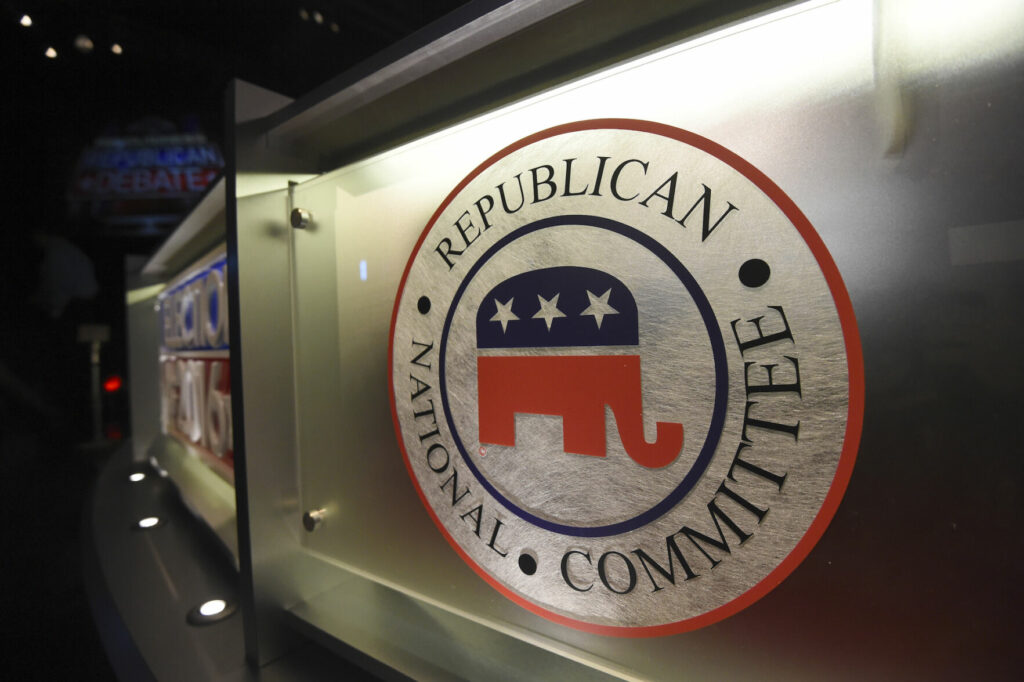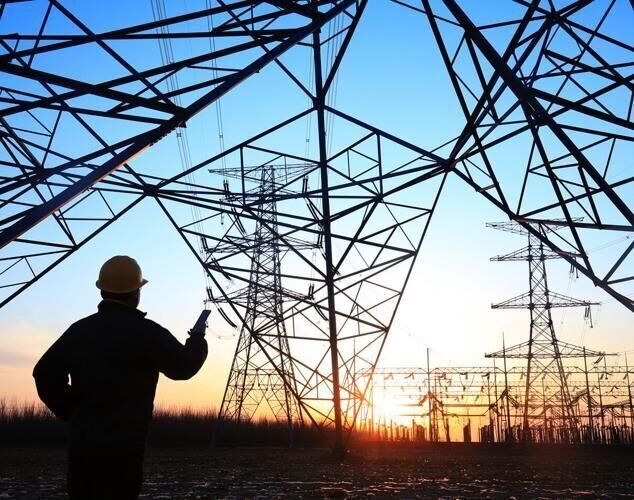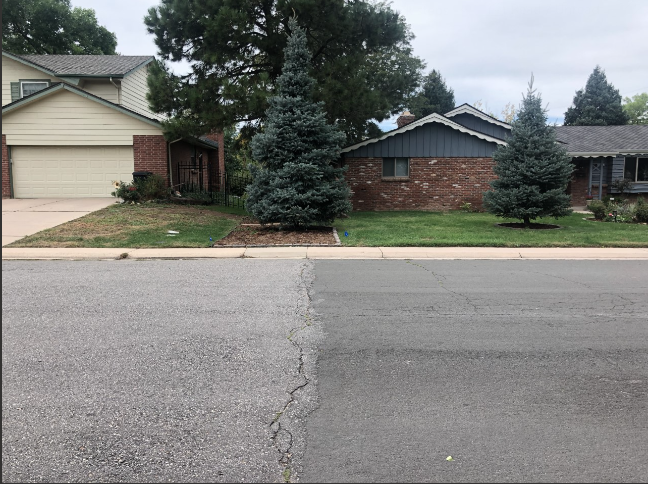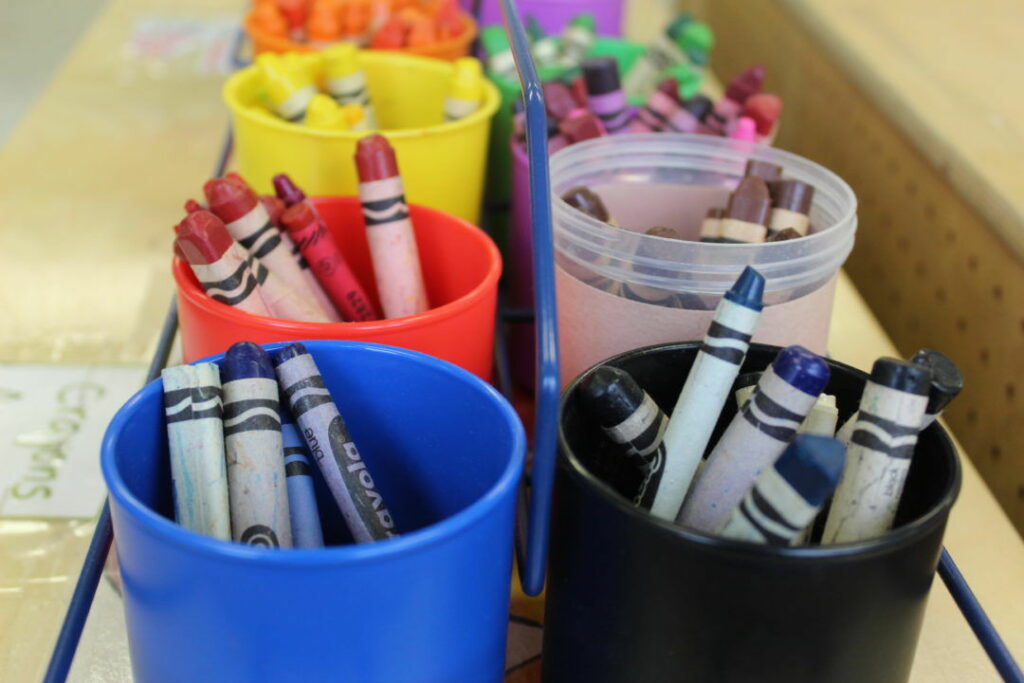Reproductive justice goes beyond abortion | FEEDBACK
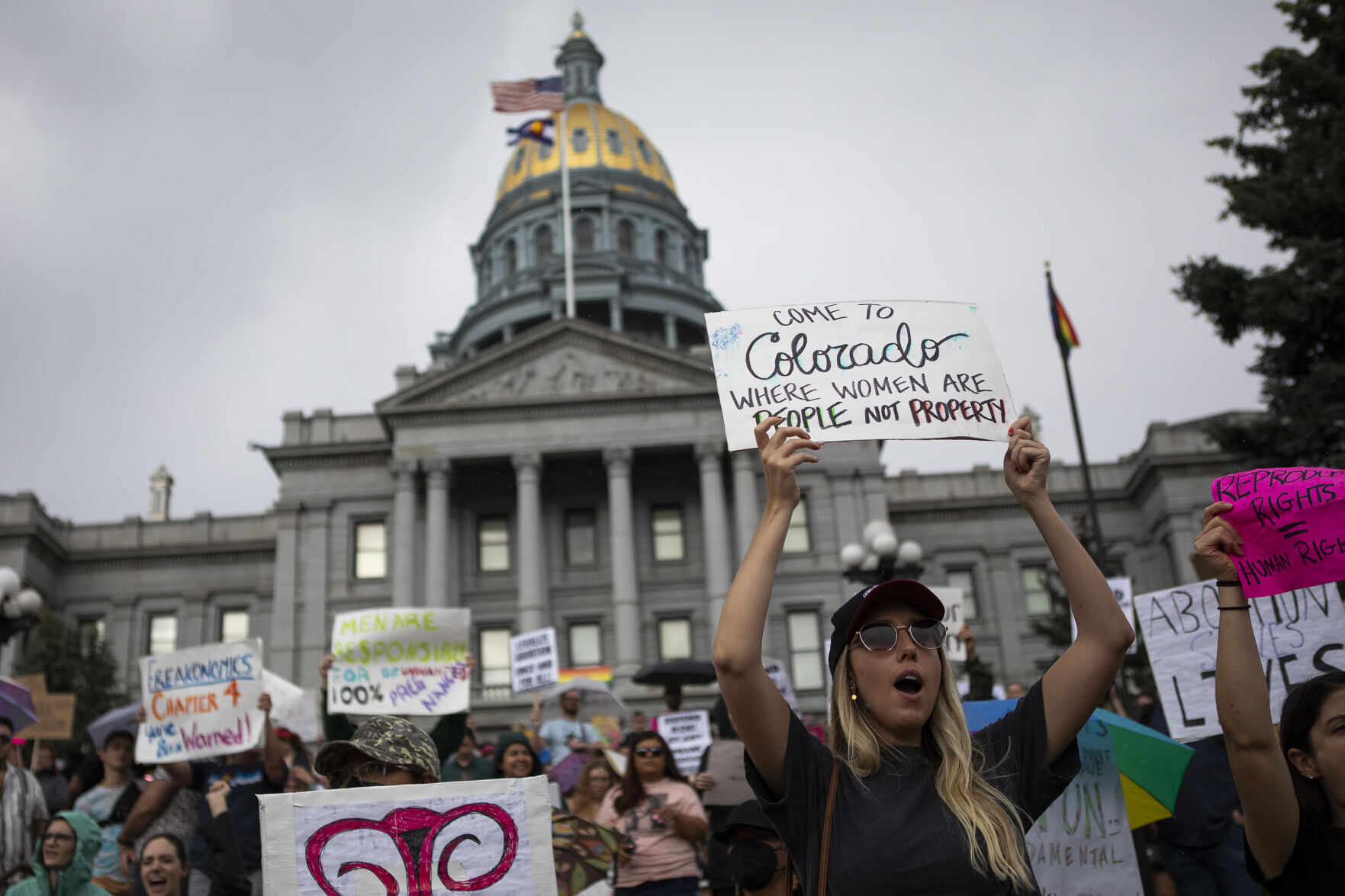
In this post-Roe v. Wade world that we live in, if you’re still only talking about abortion you’re missing the full scope of the issue. This week, community-based lawyers and funders hosted a webinar to illustrate how truly intersectional this new landscape is and the new moment that reproductive justice advocates and funders must live in.
The panelists for the webinar were community-based lawyers. In the brief hour, they touched on every topic from the Indian Child Welfare Act, which was under threat at the Supreme Court earlier this month, to the child protective services system – more accurately referred to as the family regulation system by the panel of experts. The goal of the webinar was to answer a crucial question: how do our systems threaten people’s ability to take care of their families and what can advocates and funders do to combat these threats?
To answer that question is to understand that criminalizing abortion threatens people’s ability to care for themselves and their families in more ways than one. All pregnant people are at risk when there is higher scrutiny on the outcomes of pregnancy, and marginalized people will always face the most harm. For example, health care settings create opportunities for people to be exposed to violence and surveillance from multiple systems such as the criminal legal system and the family regulation system. These settings make assumptions about pregnant people, informed by systemic biases that impact marginalized communities every day, and put them and their families at greater risk, including risk of inequitable maternal health outcomes. The fight for reproductive justice must advocate boldly for everyone, including those at the intersections of substance use, homelessness or incarceration. Advocates for reproductive justice must understand and center communities within these intersections and pay attention to what is happening at all levels of reproductive justice, not just when it comes to abortion.
Determining where to go next looks like trusting communities, understanding movements and finding one’s place in transforming the reproductive justice landscape. The ICWA is a prime illustration of the need to trust communities – indigenous leaders recognized the disturbing number of native children being placed outside of their communities and mobilized to protect their families and children. Indigenous communities have extensive experience navigating legal systems, building power and advocating for the needs of their community. Funders looking to build power for Indigenous communities should trust Indigenous people to continue doing the work they have done for years to build power and care for themselves.
Meanwhile, Indigenous communities are not the only ones taking the lead on protecting their families. There are grassroots efforts across the country, led by parents and families impacted by the family regulation system, fighting to keep families together. These movements recognize the disproportionate harm that the system causes toward families of color. In fact, 50% of Black families will have to interact with the family regulation system at some point. Yet all funding related to this system goes to the actors within the system, with little recognition of the movement to protect families and the resources needed to combat the harms of this system. Reproductive justice funders and advocates need to be aware of the gaps that exist in the movement and listen to communities that are closest to the issues on how to fill those gaps.
These conversations have been ongoing, but more resources are needed to bolster the important intersectional efforts to support families in our state and beyond. A full report of the topics covered in the webinar will come out next month at FundersForBirthJusticeAndEquity.org.
Lauren Smith
Denver
Send us your feedback: Click here.





